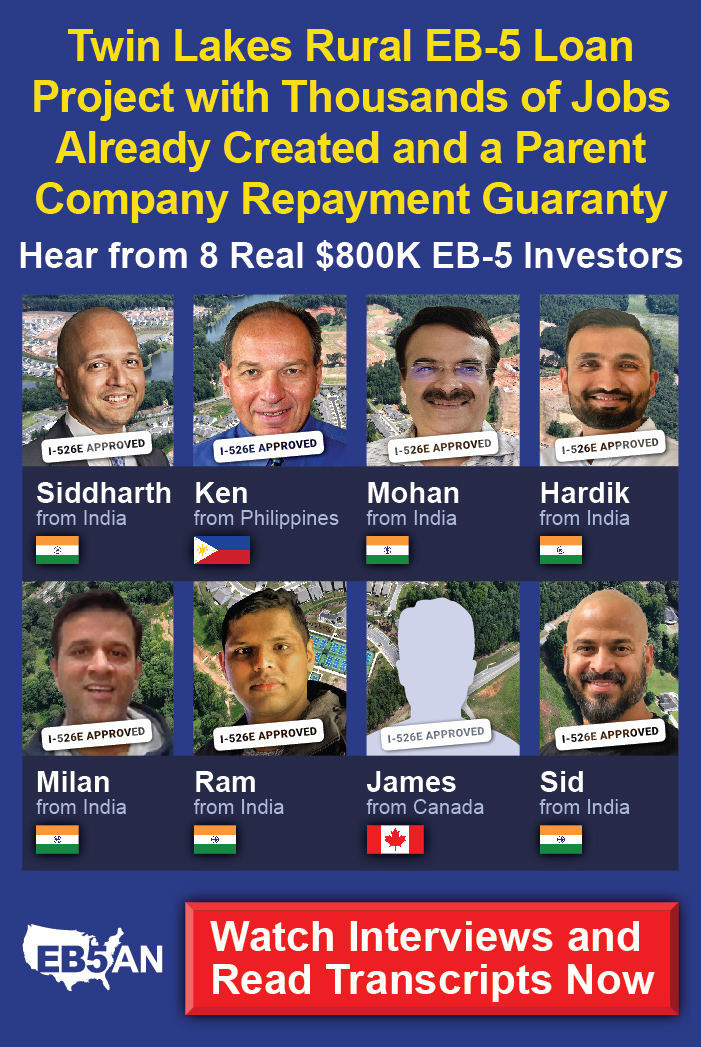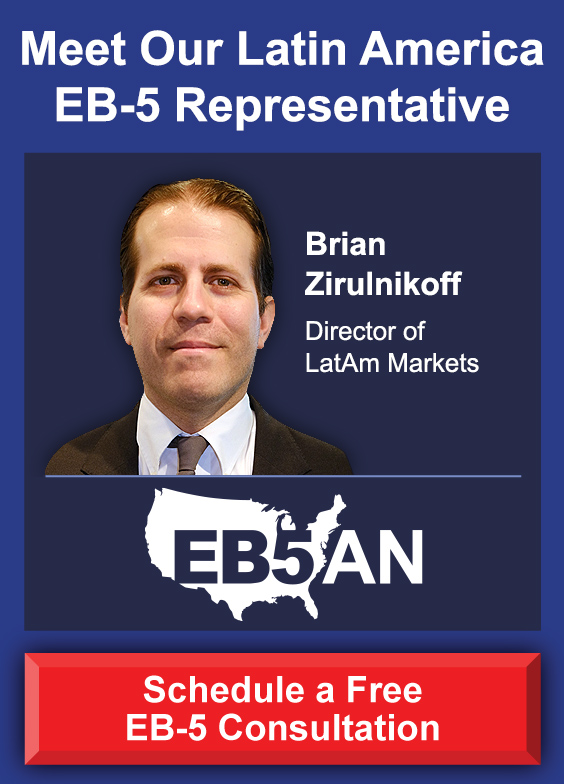
An H-4 visa holder who wishes to make a direct EB-5 investment and who wants to manage or operate the new commercial enterprise (NCE) in which they invest must attain some type of employment authorization. An H-4 visa is not considered work authorization; therefore, H-4 visa holders are not legally entitled to work or manage any business ventures in the United States.
Should an H-4 visa holder wish to operate a business, they may need to employ a managerial professional to work on their behalf. However, once their I-526 petition has been adjudicated and they have secured conditional permanent resident status, they are permitted to work in the United States. Additionally, H-4 visa holders who are the dependent spouses of H-1B visa holders may be able to apply for employment authorization.
The H-1B program is designed to appoint foreign workers with higher education qualifications into specialty lines of work. U.S. businesses use the program to hire foreign workers with bachelor’s degrees or higher into positions that require special skills. The H-1B category also includes foreign workers who carry out services in the Department of Defense sector which includes cooperative research, development, or coproduction ventures, as well as foreign workers with distinctive skills employed in fashion modeling.
H-4 dependent spouses may be eligible to apply for Form I-765, Application for Employment Authorization if their H-1B immigrant spouse meets the following conditions:
- The immigrant is the primary recipient of an accepted Form I-140, Immigrant Petition for Alien Worker; or
- The immigrant has been given H-1B status in accordance with sections 106(a) and (b) of the American Competitiveness in the American Competitiveness in the 21st Century Act of 2000 as modified by the 21st Century Department of Justice Appropriations Authorization Act (AC21).
Because of the complexity of U.S. immigration law and the risks associated with breaching visa restrictions, prospective investors are advised to consult an immigration lawyer.








